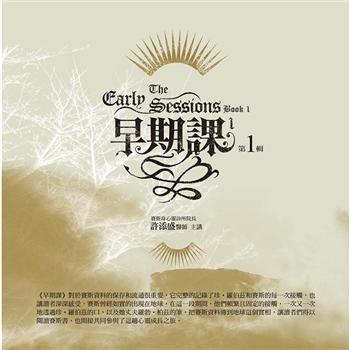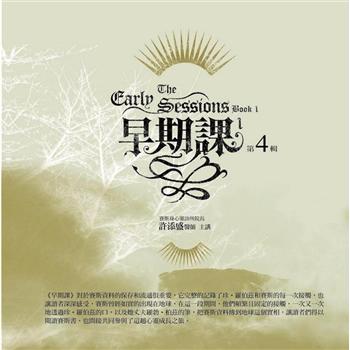Social Media Ethics and COVID-19: Well-Being, Truth, Misinformation and Authenticity explores ways that some of the best and worst moments of the pandemic resulted from the interconnection of social media and ethics. The ethical challenges social media poses for corporate providers, government officials, and users existed well before the outbreak of COVID-19: What responsibility do corporate providers bear for inaccurate information posted by users? What responsibility do users bear? In this "post-truth" and polarized world, who defines "accurate information"? During the height of the COVID-19 crisis, public health agencies, emergency management agencies, and traditional news media used social media to disseminate or to track information, while users found communities for shared values or experiences. At the same time, users posted and amplified inaccurate or misleading scientific and health information, engaged in hate, and escalated conspiracy theories that have proven detrimental to the public health response to COVID-19. Edited by Pamela A. Zeiser and Berrin A. Beasley, this collection brings together work from leading scholars in communication, English, philosophy, and political science to examine the ethical use of social media during COVID-19, offering both a multidisciplinary understanding of the subject and tools for managing the challenges found at the intersection of social media, ethics, and COVID-19.
| FindBook |
有 1 項符合
Social Media Ethics and Covid-19: Well-Being, Truth, Misinformation, and Authenticity的圖書 |
 |
Social Media Ethics and Covid-19: Well-Being, Truth, Misinformation, and Authenticity 出版社:Lexington Books 出版日期:2024-05-15 語言:英文 規格:平裝 / 170頁 / 普通級/ 初版 |
| 圖書館借閱 |
| 國家圖書館 | 全國圖書書目資訊網 | 國立公共資訊圖書館 | 電子書服務平台 | MetaCat 跨館整合查詢 |
| 臺北市立圖書館 | 新北市立圖書館 | 基隆市公共圖書館 | 桃園市立圖書館 | 新竹縣公共圖書館 |
| 苗栗縣立圖書館 | 臺中市立圖書館 | 彰化縣公共圖書館 | 南投縣文化局 | 雲林縣公共圖書館 |
| 嘉義縣圖書館 | 臺南市立圖書館 | 高雄市立圖書館 | 屏東縣公共圖書館 | 宜蘭縣公共圖書館 |
| 花蓮縣文化局 | 臺東縣文化處 |
|
|
圖書介紹 - 資料來源:博客來 評分:
圖書名稱:Social Media Ethics and Covid-19: Well-Being, Truth, Misinformation, and Authenticity
Adorno’s Gamble: Harnessing German Ideology
Adorno’s Gamble: Harnessing German Ideology
The Dialectics of Absolute Nothingness: The Legacies of German Philosophy in the Kyoto School
The Collapse of Freedom of Expression: Reconstructing the Ancient Roots of Modern Liberty
Aristotle’s Discovery of the Human: Piety and Politics in the Nicomachean Ethics
Heidegger: An Introduction
Black Divinity Institutes of the Black Theocracy Shahidi Collection Vol 1 [Remastered]
Bacteria to AI: Human Futures with Our Nonhuman Symbionts
Pink: The History of a Color
The Purpose of the Papacy
Adorno’s Gamble: Harnessing German Ideology
The Dialectics of Absolute Nothingness: The Legacies of German Philosophy in the Kyoto School
The Collapse of Freedom of Expression: Reconstructing the Ancient Roots of Modern Liberty
Aristotle’s Discovery of the Human: Piety and Politics in the Nicomachean Ethics
Heidegger: An Introduction
Black Divinity Institutes of the Black Theocracy Shahidi Collection Vol 1 [Remastered]
Bacteria to AI: Human Futures with Our Nonhuman Symbionts
Pink: The History of a Color
The Purpose of the Papacy
|











